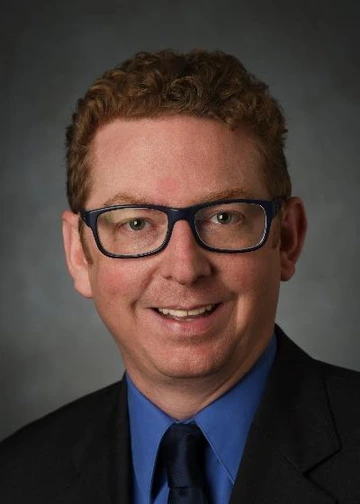When

Monday, November 10, 2025, 10:00 a.m.
Bryan D. Vogt
Professor
Chemical Engineering
Pennsylvania State University
"Towards a Circular Economy for Plastics: Scientific, Engineering, and Societal Challenges"
Harshbarger Building, Room 118A-A1

ABSTRACT
Plastic production and its corresponding waste stream are growing exponentially that has created a waste management crisis. Municipal waste contains approximately 12 % plastic, but waste sent to landfills contain almost 20 % plastic. This demonstrates the inefficacy of plastic recycling in comparison to fiber (paper and cardboard) and metals in the current infrastructure for material recovery facilities (MRFs). A disconnect between process costs from collection to recycled feedstock product and the value of the plastic in many cases decreases the economic case for recycling. A key question associated with improved plastic recycling is how to increase the value of the product without also significantly increasing costs.
Through three short vignettes, I will illustrate the likely need to consider a spiral rather than a circular materials economy for plastics where mechanical recycling evolves to downcycling and finally chemical recycling. First, I will show effectively pure plastic mimic post-industrial recycling are still limited in their circularity through traditional mechanical means. Using additive manufacturing (3D printing) as a model platform, I will describe how small changes in the sourcing of plastic change the processibility and fully cyclical recycling degrades performance in unexpected ways. Second, post-consumer recycled plastics are contaminated by inaccuracies in the sorting. Using Styrofoam (polystyrene) as a model contaminant in recycled polyethylene, I will demonstrate how architecture of graft copolymers can be used to control the morphology and the mechanical performance in these systems with a caveat that the characteristics of the polystyrene and polyethylene are also important to the performance. This illustrates a struggle with many proposed routes to improve performance of plastic recyclate in that the strategies depend on the nature of the plastic waste that will vary temporally and spatially across MRFs. Finally, I will end with a brief discussion on chemical recycling methods to convert plastics waste back to new plastics through breaking the polymer down to monomer and rebuilding. Combined, these examples illustrate how the complexity of commercial plastics and traditional processing infrastructure challenge high efficiency for plastic recycling, while the high volume and low cost for virgin plastic squeezes the economic viability of many innovative strategies to address plastic waste.
BIOSKETCH
Bryan D. Vogt is a professor of chemical engineering at the Pennsylvania State University. He received his BS in chemical engineering from Michigan Technological University where he performed undergraduate research on the compounding of carbon-nylon composites. He received his PhD from the University of Massachusetts-Amherst under the direction of James J. Watkins and subsequently was an NRC postdoc at NIST in the Polymers Division. His research interests are in polymer processing, interfacial characterization and sustainability. He is a Fellow of the American Physical Society (APS) and the American Chemical Society (ACS PMSE). His research in polymer processing was recognized by the Polymer Processing Society through the Morand Lambla Award in 2017. He is currently an Executive Editor for ACS Applied Polymer Materials.
